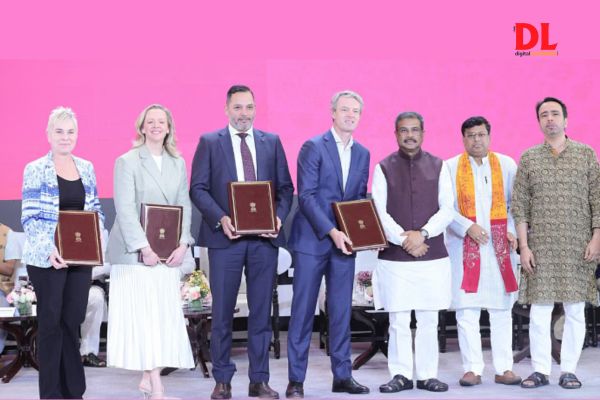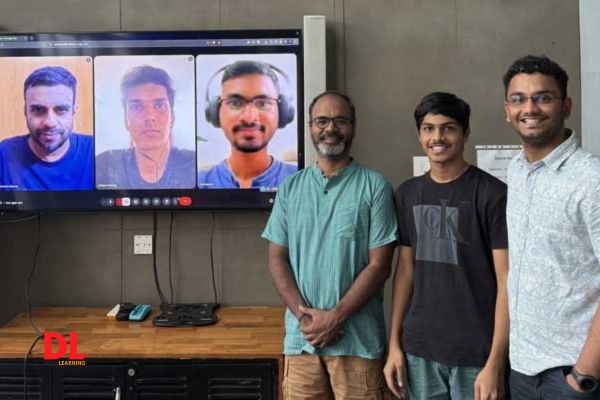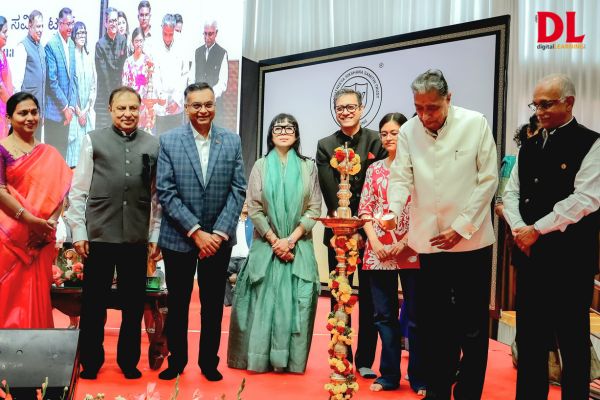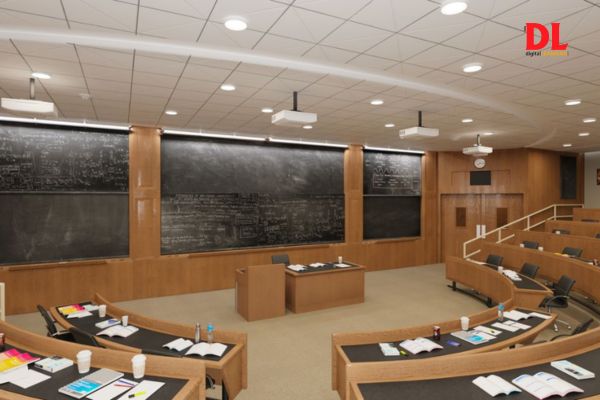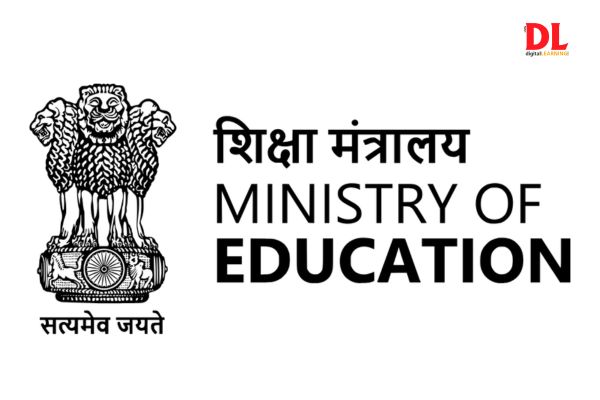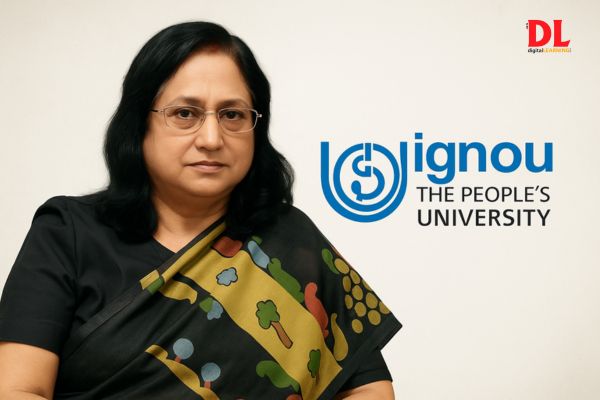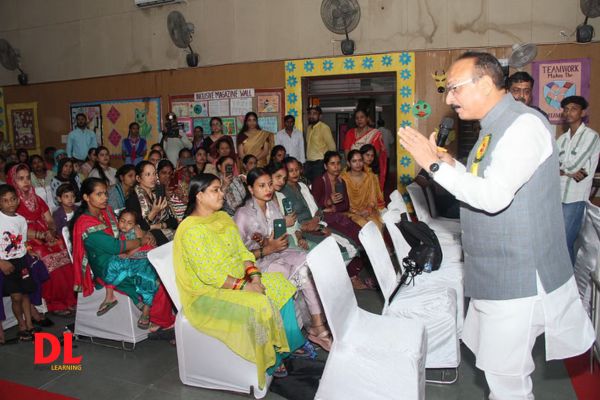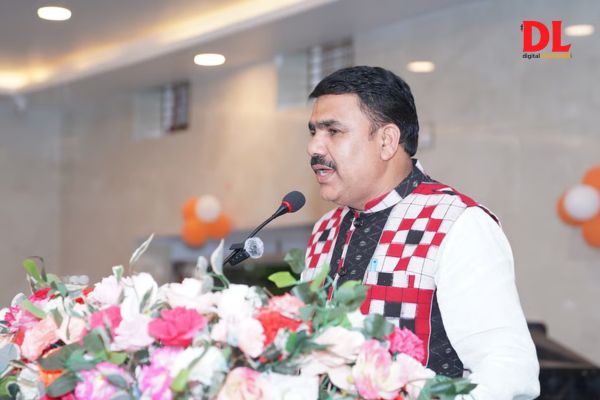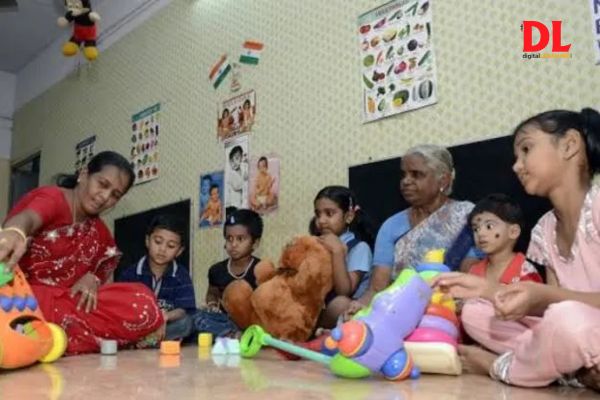Marking a significant milestone on the fifth anniversary of India’s National Education Policy (NEP), three premier Australian universities have received the Letter of Intent to establish campuses in India, according to senior officials from the Ministry of Education. This move aligns with India’s vision of internationalising its higher education ecosystem and fostering global academic partnerships.
The three institutions granted approval are Western Sydney University (WSU), Victoria University (VU), and La Trobe University. Each is poised to bring its unique academic strengths and global expertise to the Indian education landscape.
Western Sydney University – Greater Noida
Founded in 1989, WSU is a prominent public research university in Australia, operating 13 campuses with over 49,000 students. Renowned for its commitment to sustainability, innovation, and social impact, WSU will be establishing its India campus in Greater Noida.
The proposed courses include:
- BA in Business Analytics
- BA in Business Marketing
- MBA in Innovation and Entrepreneurship
- MBA in Logistics and Supply Chain Management
Victoria University – Noida
Established in 1916, Victoria University is among Australia’s few dual-sector universities offering both vocational and higher education programs. With a robust international presence in countries like China, Malaysia, and Sri Lanka, VU is recognised for its applied research in sports science, IT, and business. Its Noida campus is expected to launch the following programs:
Undergraduate Courses:
- Business
- Data Science
- Cyber Security
Postgraduate Courses:
- MBA
- Master’s in Information Technology
La Trobe University – Bengaluru
Founded in 1964, La Trobe University is celebrated for its cutting-edge research in biotechnology, smart city solutions, and molecular science. The university’s upcoming Bengaluru campus will focus on fields that align with India’s development priorities.
Planned offerings include:
- Bachelor’s in Business
- Bachelor’s in Computer Science
- Bachelor’s in Public Health
This initiative follows the 2023 UGC guidelines, allowing Foreign Higher Educational Institutions (FHEIs) to operate independently in India, ensuring global quality standards while catering to domestic demand.
Also Read: IIIT Hyderabad builds AI Platform SARAL
With the introduction of these globally reputed universities, India is set to strengthen its standing as an emerging hub for international education in South Asia.







